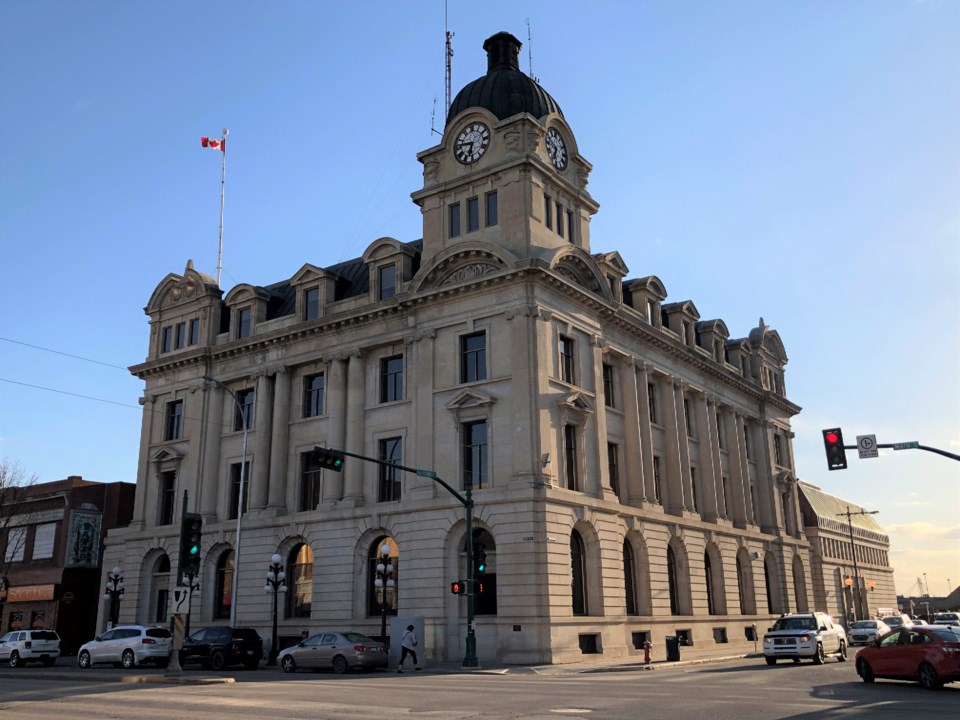With the City of Moose Jaw facing a shortfall in infrastructure funding, city administration is proposing a levy of $100 per year — or $8.33 per month — on all properties.
The yearly infrastructure levy would be applied to all taxable property classes, except for the multi-unit residential property class, which would have a levy of $100 on each unit of the multi-unit property per year, or $8.33 per month.
The proposed levy — starting next year if implemented — would also extend to each mobile home in mobile home parks through an agreement with mobile park owners.
All money raised through the levy would be held in a separate capital fund account and used only to fund transportation-related infrastructure rehabilitation, including road repairs related to the cast iron water main program.
The proposal was presented to city council during its Sept. 9 executive committee meeting. While council discussed the issue in-depth, members voted unanimously on a motion to refer this issue to the 2020 budget discussions.
Background
There have been discussions for several years about possibly implementing an infrastructure levy, a report from city administration explained. Moose Jaw, similar to other Canadian municipalities, faces inadequate funding for infrastructure rehabilitation. A large portion of Moose Jaw’s infrastructure is near the end of its lifespan, including water lines, sewer lines, landfill, roadways, sidewalks, bridges and other structures.
Federal and provincial governments have proven to be unreliable sources of funding for infrastructure rehabilitation, since such funding usually come in spurts during elections.
The exception to this inconsistency, however, is the federal Gas Tax Fund, which has shown to be a stable source of infrastructure funding.
The future
A review of the capital plans from 2019 to 2023 indicates the general capital reserve and waterworks utility fund need significant additional funding, the report said. Creating an infrastructure levy of $100 per property per year would generate $1.6 million annually for renewal.
Since the Gas Tax Fund was doubled for 2019 and another federal program should provide support for 2020-21 for the waterworks utility, it is hoped this funding will lessen or eliminate the need for further borrowing. However, given the sporadic nature of federal and provincial funding, there is still a need for a levy, the report said.
The general capital reserve has a $17.6-million deficit over five years that originated primarily in the transportation budget.
City administration has recommended that the infrastructure levy be based on a base tax since it provides flexibility and can be used for many infrastructure needs. A utility-based levy would be more restrictive and used only for that utility’s capital needs.
An alternative to a levy is to simply increase municipal taxation and utility rates to generate the additional money to fund infrastructure needs, the report added. Those increases would be a municipal tax increase of 5.5 per cent, which would generate $1.6 million, and a water utility rate increase of about 16 per cent.
The next executive committee meeting is Sept. 23.




